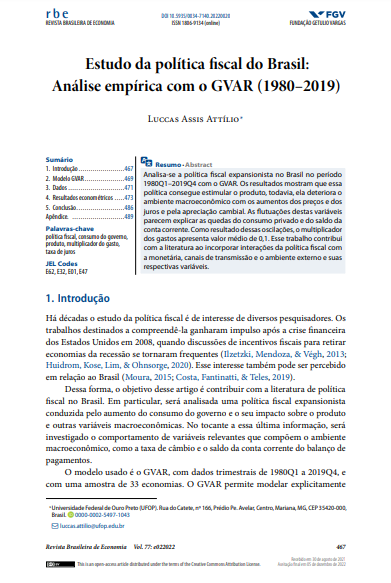Translanguaging and Language Policy in the Global South: introductory notes
Licencia: Creative Commons (by)
Autor(es): Attílio, Luccas Assis
. Here, we use Global South as a geopolitical space of marginalization that was orchestrated by the grandiloquent narratives of the West and acts of colonization and slavery. In this connection, choices around language use are the epicenter of such marginalization. Although huge strides have been made of translanguaging as an alternative well suited for the Global South, its interface with orthodox language policies have not been cogently addressed. At best, it is diffused, unclear, and limited in what seems like a translanguaging paradox where a distinction between socially named languages and the individual repertoires grounded in actual languaging practices becomes both necessary and unnecessary at the same time. We conceived of this Special Issue to specifically solicit the state-of-the-art views on this argumentative dialogue in the hopes of directing future scholarships on this very important milestone in translanguaging as a decolonial and emancipatory language regime for the Global South contexts.
Compartir:
Una vez que el usuario haya visto al menos un documento, este fragmento será visible.


